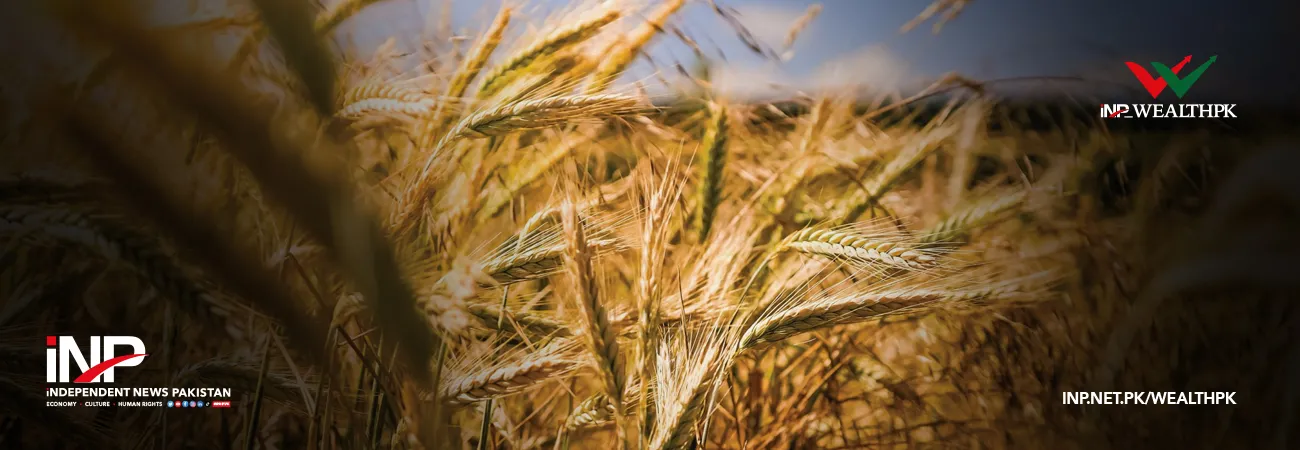i INP-WEALTHPK
Ahmed Khan Malik
The Balochistan government is working on a policy to transform the province’s agriculture for raising the income levels as well as addressing the deep-seated problem of poverty. Balochistan, the largest but least populated province of Pakistan, trails behind the other provinces in socio-economic development, due to decades of neglect that hindered its economic growth and social wellbeing. Raees Lango, Director Agriculture Department, told WealthPK that the policy focuses on defining the role of government, which avoids direct involvement in production, marketing and distribution, and leaves them to the private sector. It also outlines the steps to improve the environment and build the capacity of new and existing institutions within Balochistan Agriculture and Cooperatives Department (BA&CD), and train the staff. Moreover, it aims to enhance the linkages across departments, provinces and external stakeholders.
These linkages are important not only for a better coordination between policies and programs across departments, but more importantly to develop an analytical capacity in BA&CD, such as to assess the effects of taxes and subsidies or changing foreign exchange regime, he said. Raees added that the focus is on producing high quality, drought-resistant, low-delta, and high-valued crops, such as pistachio, olives, almonds, and dates. Nevertheless, research for crop diversification in these areas is important and attention must be given to developing technologies to facilitate crop diversification mainly to utilize the potential of low water-intensive horticulture crops (fruits, vegetables, flowers) in the province.
Continuing the discussion, he said diversification of these high-value crops can provide a sustainable income to farmers. Relevant departments like the Department of Extension, research centers and the private sector need to be involved to encourage crop diversification. Provision may also be made to provide knowledge to farmers about the pros and cons of crop diversification. The policy includes creating a one-window services hub, such as Farm Service Centers (FSC), to increase the farmer’s knowledge and skills on crop diversification and advance the modernization of agriculture to benefit the farmer’s livelihoods, he said.
Balochistan covers 44% of the country’s total land area with a population of 12.34 million (5.9 percent of the national population). Its southern border makes up two-thirds (770km) of the national coastline, giving access to a large pool of marine resources. The province has a low population density and provides a vast rangeland for goats, sheep, buffaloes, cattle, camels, and other livestock. It is bestowed with natural and locational resources and is the second major supplier of natural gas, which fuels the country’s industrialization and economic centers.
The province also has large deposits of coal, copper, lead, gold, and other minerals. As a frontier province, it is ideally situated for trade with Iran, Afghanistan, Central Asia, and the Persian Gulf countries, and now with western China through the Gwadar Port and China-Pakistan Economic Corridor.
Credit: INP-WealthPk




